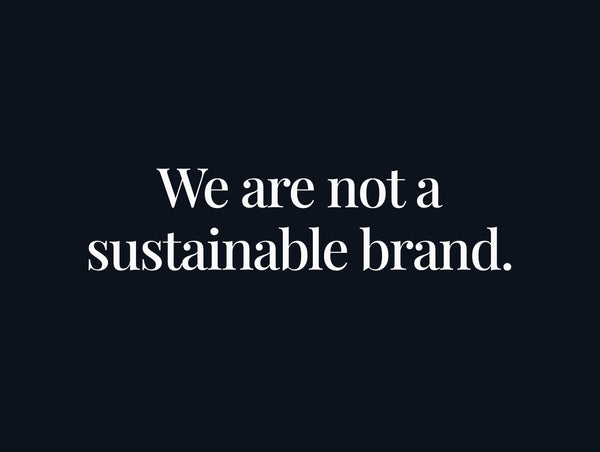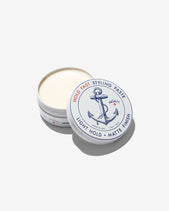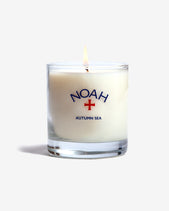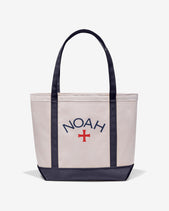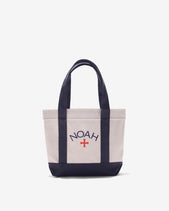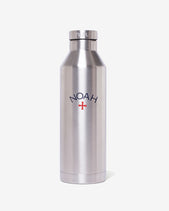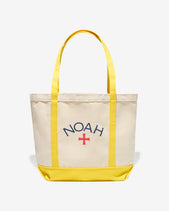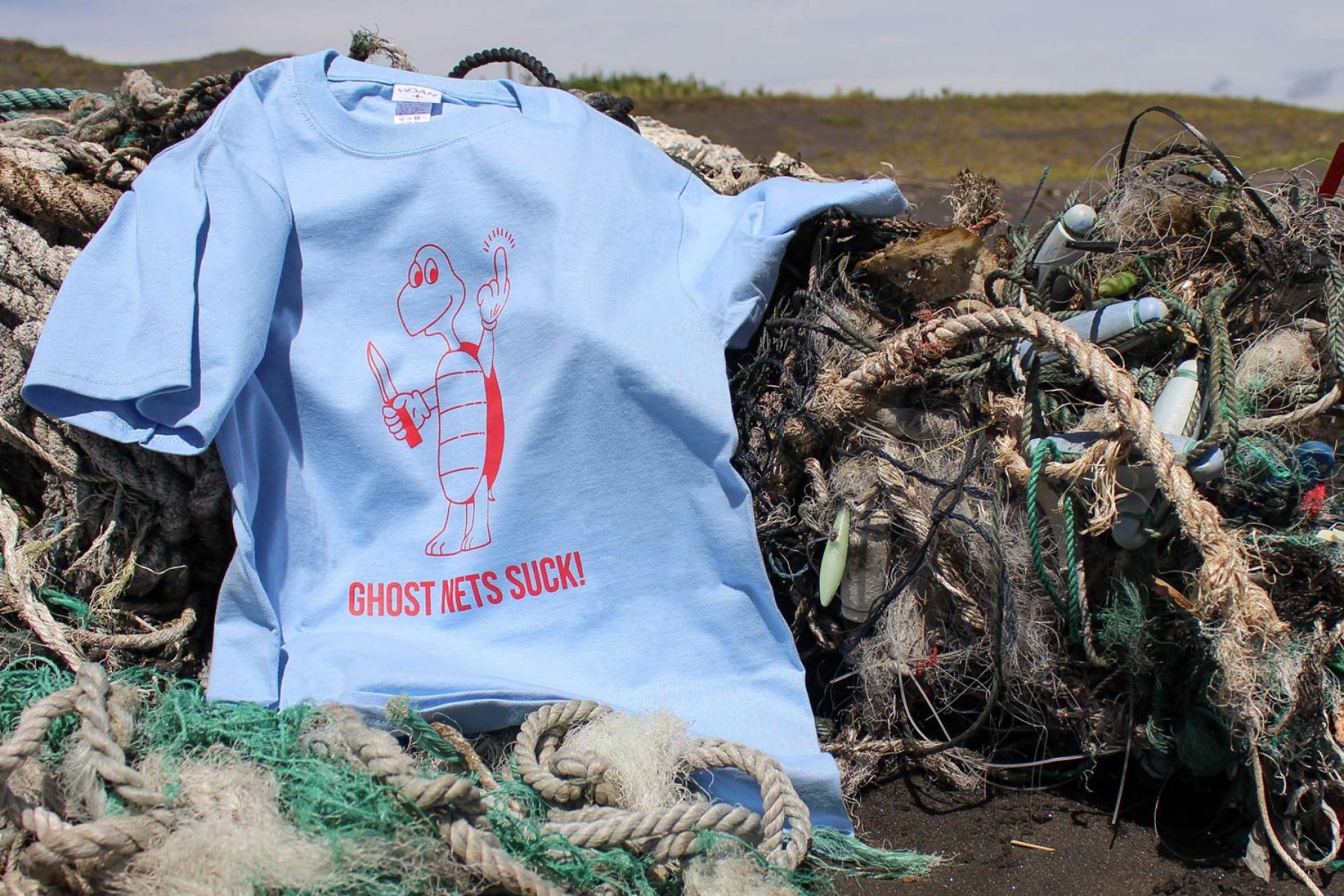
There is too much plastic in our oceans. While we’ve made an effort to raise awareness of the bags and straws that make their way to sea, there is another large problem that is already out in the waters: ghost nets.
Ghost nets are fishing nets, forgotten, lost, or simply abandoned at sea. Most, if not all fishermen use some type of plastic in their fishing gear and equipment. Plastic is strong, durable, and cheap. Whether its due to bad weather, getting snagged on a rock or propeller, or simply dumping a net overboard due to it being worn out or in fear of being searched for illegal nets, many commercial vessels don’t worry about losing a net or line. Because of how advanced our plastics have gotten, rather than a lost or ditched net breaking down and distentagrating, these ghost nets can remain adrift for years and years. claiming the lives of countless fish, turtles, birds, and other marine animals. Scientists estimate that 650,000 animals are severely injured or die annually due to ghost nets, with up to 12 whales being entangled or injured due to ghost nets annually.
Ghost nets and other “ghost gear” are estimated to be up to 10% of all of the litter in our ocean. While there is other “ghost gear” that makes up a portion of marine litter, such as traps, buoys, rods, and other pieces of fishing equipment, nets pose the biggest long term threat to marine life. Drift netting, an illegal or highly regulated practice in most of the territorial waters, is the practice of floating a long plastic net, suspended by buoys, in the water to trap fish that would not see it and then get caught in it’s folds. Because of the tight regulation and illegality of this practice, many nets are dumped or left adrift. When enough animals get caught in the net, it becomes heavy enough to sink to the bottom of the ocean where the bodies of the animals are eaten by crustaceans, until the net is light enough to float up and begin this process all over again.


While we believe it's just as important to fight against the overuse of plastic straws and bags, we were astounded to learn just how much of this stuff is floating around out there and how many animals are losing life or limb to it. Entire fish stocks are being decimated, and turtles, dolphins, and whales are being gravely injured or killed for no reason other than hazardous neglect. The simple truth is that unless you’re involved in the commercial fishing world, you likely have never heard of the problem. That is the very reason we wanted to raise awareness around this issue.
The good news is that there are multiple solutions being proposed. In Europe, there is legislation to ban the creation and sale of small mesh nets, which would allow for smaller younger fish to swim through them, and could also limit the damage done by ghost nets. Commercially available biodegradable nets are already being sold, which are made from coconut fibres that are as durable as plastic, but would break down over time instead of creating a never ending death trap. Animal rights groups are calling for the electronic tagging of all nets, so that those who are discarding nets can be held accountable. There are other initiatives to collect ghost nets and other plastics from the water to convert to electricity to power homes. People we’ve worked with before like Parley For The Seas and Sea Shepherd have joined with other groups to partake in the Global Ghost Gear Initiative, to track and remove ghost nets and other marine litter from our oceans. The first step, as with many environmental issues, is awareness. Ghost nets suck, but there is something we can do about it.





